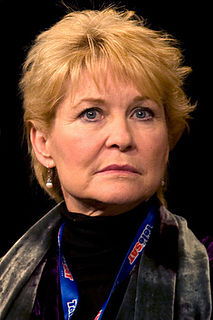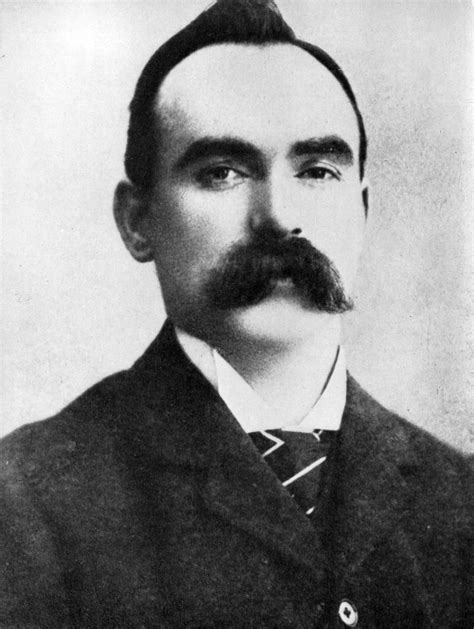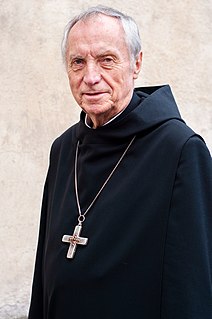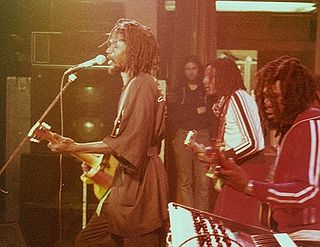A Quote by Warren Bennis
One of the best teaching experiences Ed Schein and I had when we were teaching at MIT in the 1960s was inventing a course on leadership through film.
Quote Topics
Related Quotes
I've been a teacher all my life. I've had my own dance studio, my own acting studio for 18 years out here... I'm just a natural teacher. I teach on all my healing work now. I think actors teach any time they work anyway. We're teaching emotions, we're teaching how to deal with emotions, we're teaching how to get around issues and deal with them. Actors are some of the best teachers in the world, because they're teaching you through entertainment, and you don't know you're getting a message.
My teaching is not a philosophy. It is the result of direct experience...
My teaching is a means of practice, not something to hold onto or worship.
My teaching is like a raft used to cross the river.
Only a fool would carry the raft around after he had already reached the other shore of liberation.
The so-called Church Fathers are not some theologians as we know them nowadays. They were close to the teaching of the Apostles conveying the teaching of those who were close to Jesus. Their theology and wisdom is close to everyday life. We have to thank John Michael Talbot that he has been able to unearth the treasures of those times. This was only possible because he himself in his community experiences the Gospel lived out in our times.
I remember that, one day, I was visiting one training center in the 1990s that was teaching people how to fix Volkswagen engines from the 1960s, which were no longer sold. So you were training people on a skill that had zero value. The reason is that they hadn't received any new equipment in 20 years.
Be light-hearted, light-footed. Be of light step. Don't carry religion like a burden. And don't expect religion to be a teaching; it is not. It is certainly a discipline, but not a teaching at all. Teaching has to be imposed upon you from the outside and teaching can only reach to your mind, never to your heart, and never, never to the very center of your being. Teaching remains intellectual. It is an answer to human curiosity, and curiosity is not a true search.
Sometime during the 1990s, when I was teaching philosophy at UCSD, my friend, colleague, and music teacher, Carol Plantamura, discussed the possibility of teaching a course together looking at ways in which various literary works (plays, stories, novels) had been treated as operas, and how different themes emerged in the opera and in its original. One of the pairings we planned to use was Mann's great novella and Britten's opera. Unfortunately, the course was never taught, but the idea remained with me.





































